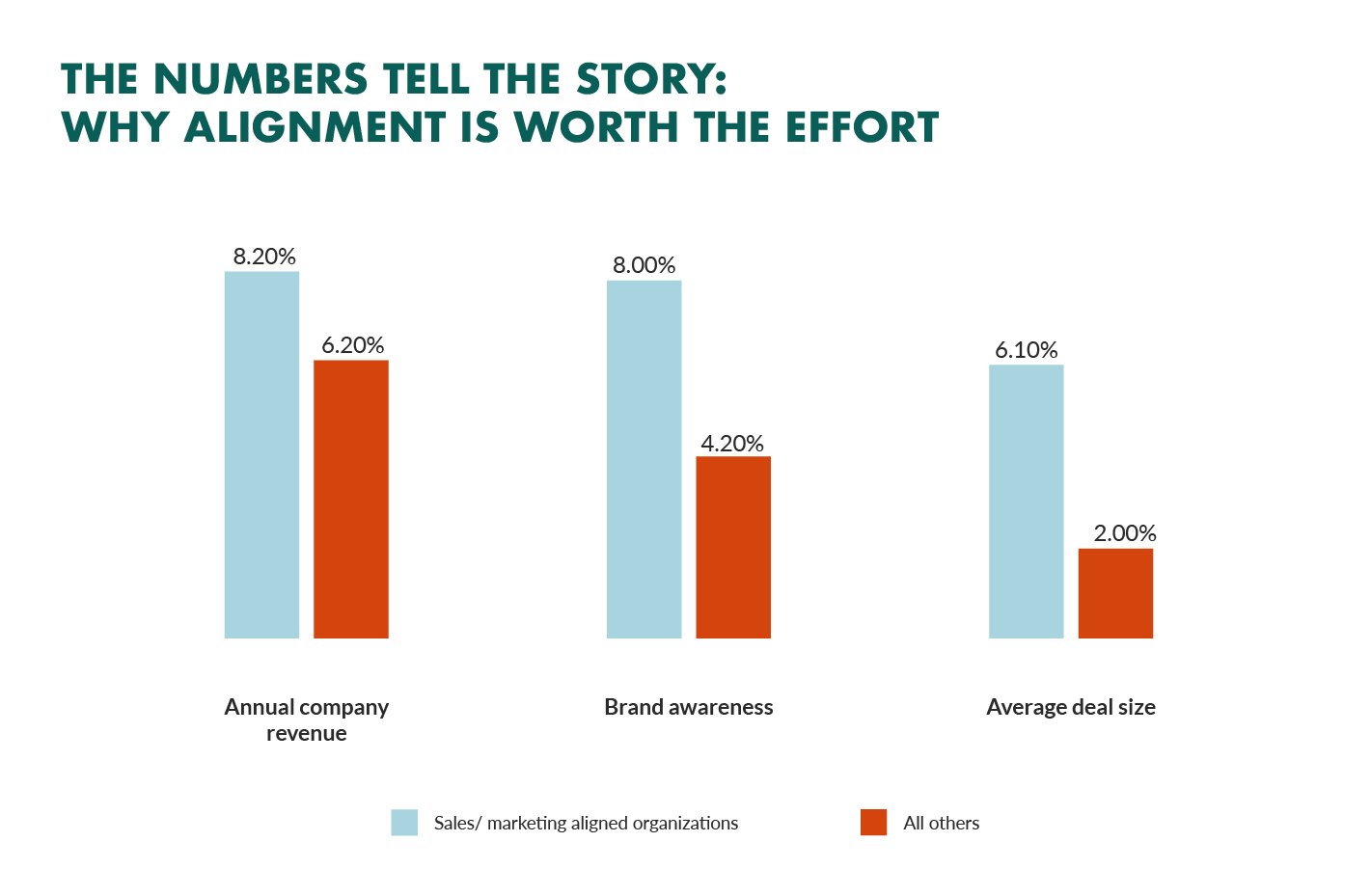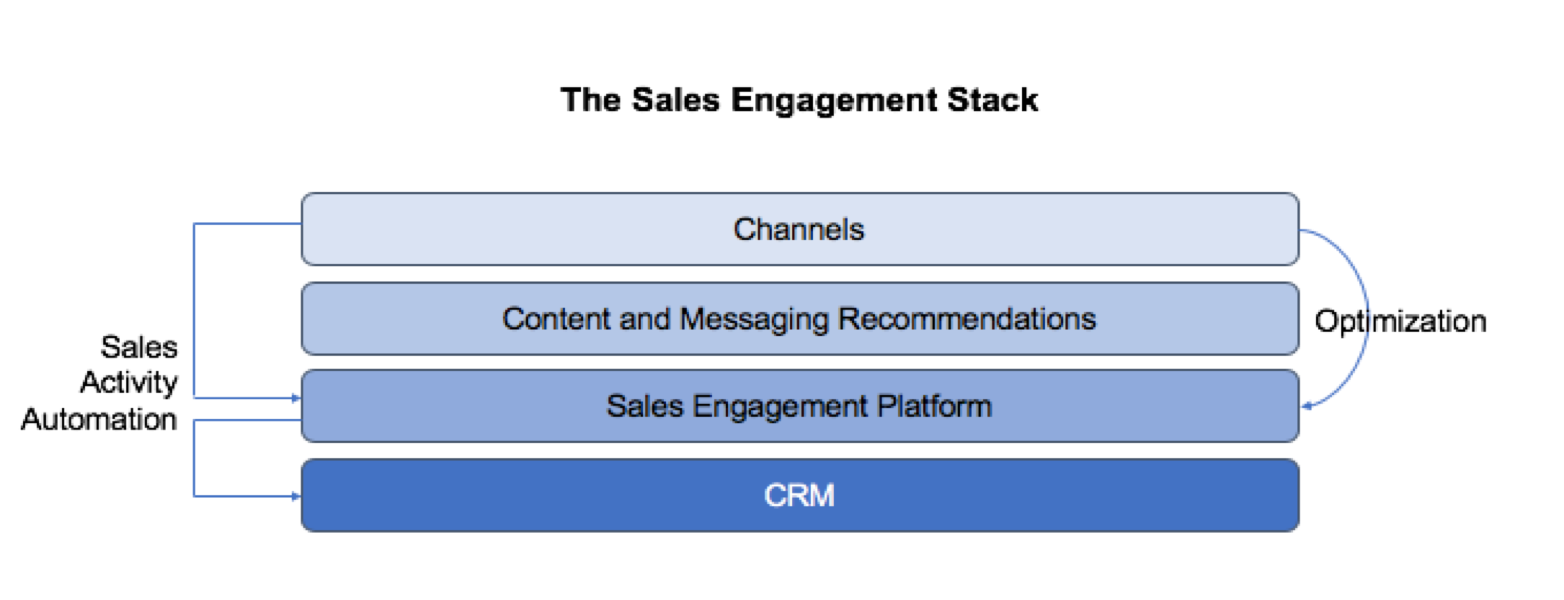Most probably, you have heard a lot about customer engagement. But what is sales engagement?
They are two sides of the same coin – they both mean interactions between the customer and the brand. Customer engagement means ongoing relations between a customer and a company, strengthening customer loyalty. In turn, sales engagement means measurable interactions between salespeople and clients.
Such interactions can have many shapes – a call, an email, an online or offline meeting, a subscription, or a download. All these interactions – called touchpoints – are measured to determine how effective they are in achieving customer success and increasing sales. The other measurement used in sales engagement is the time the customer spends with the brand.
Why is sales engagement important?
On the one hand, measuring sales engagement allows looking into the customer’s journey in their interactions with the business. On the other hand, it gives insights into the effectiveness of such interactions.
By analyzing sales engagement, you will be able to see whether your customer communication strategy, customer-facing content and the timing of interactions contribute to building positive experiences.
Sales engagement metrics help identify the types of interactions that show high efficiency in improving the conversion rate as well as those that are not working.
Investing in sales engagement can contribute to building a truly effective sales strategy. Implementing a proper sales engagement platform will allow you to gather all prospect and customer interactions under one umbrella and streamline all customer communication to increase sales.
The market responds accordingly – in recent years, the demand for sales engagement tools and technologies has increased significantly. Companies are seeking ways to build a comprehensive platform to optimize their sales team’s work, enable them to build effective and measurable workflows, and ensure that their resources are spent as efficiently as possible.
In this context, advanced technology plays a major role.
Not only does it automate many sales reps’ tasks, freeing their time for effective customer communication, but it also helps create highly personalized communication experiences that engage prospects and convert them into customers.
Sales engagement platforms are an integral part of high-tech sales engagement stacks, including communication channels (social media, email, phone, live chat, and so on) and flexible CRM systems.
Businesses are looking for quality, robust, high-performance tools, evaluating innovations, and analyzing the market for the most effective CRM system or best live chat solution that can create the most outstanding customer experiences.
How can sales engagement improve your customer success?
Sales engagement is, in fact, a complex system of tools, workflows, and automation techniques aimed at raising the productivity of the sales team.
Ultimately, it organizes contacts with customers into organic two-way communications where nothing is left unanswered, each call or meeting is scheduled at the right time, and more deals are closed. A properly set up sales engagement system improves customer success – the enjoyment of using the product or service.
With a wise sales engagement strategy, businesses can boost their sales in more than one way.
Streamline sales processes
By identifying the most and least effective sales communication techniques, the sales engagement platform becomes a source of information for optimizing and streamlining the teams’ workflows.
Most platforms include A/B testing features allowing businesses to compare the performance of tactics and methods they apply in their sales processes.
In addition, a sales engagement platform combining all customer contact channels in a single coherent interface provides a convenient environment for planning multi-level sales strategies. On such a platform, the company can build a complete sales plan, from onboarding new agents to collaborating with other departments.
Enable data-driven sales flows
Nowadays, data is at the core of every process.
Sales engagement platforms provide data on everything that goes on in the sales department. Analyzing such data allows seeing what actually works and what doesn’t. This is what data-driven sales are about.
The platform literally takes customer communications apart and analyzes every aspect of them. It shows which emails, calls, or meetings were the most engaging, suggests how communication templates and scripts need to be updated, and what timing is the best to produce the desired result. Data from the sales engagement tools lets the team identify possible problems early enough to adjust their flows effectively.
Provide opportunities for interactive communication
A sales engagement platform turns customer communication from a moderately effective process of sending emails and making calls into a fully interactive process. The customer becomes an active participant in the interaction instead of a passive recipient of messages they do not want.
The tools allow timing messages for the highest response and include the most engaging content to make customers click a link or download an ebook. When interactions with prospects are well-timed and organic, they are much more likely to agree to proceed to the next stage and accept a meeting invitation.
At the same time, sales engagement tools allow analyzing which content or sales tactic brings the best results and adjust the overall sales strategy. Even if your company focuses on a B2B business model, there are effective B2B sales tools that help interact with B2B buyers and close more deals.
Improve sales team efficiency
The tools that make a sales engagement platform can accelerate and optimize the sales team’s flows by automating multiple manual tasks. Calendar synchronizing, meeting scheduling, and activity sequencing can be set up automatically with minimal human interference.
Such mundane tasks usually consume a big chunk of the sales reps’ time. When the platform does them, the team members can use their time to do what they can do best – sell.
Besides, with all data stored within the same platform, it becomes super easy to pull up the information the agent needs right now – during a call or a meeting with a prospect. The engagement flow continues without interruptions and increases the chance of a conversion.
Align sales and marketing
Sales engagement platforms often span over several departments, which helps avoid silos and keep everyone on the same page. Most often, the sales and marketing departments using the same platform find it easier to align their strategies and discover points of connection.
A sales engagement platform allows exchanging data between departments. On the one hand, it makes sure that the sales reps only approach qualified leads and assists sales in forming correct user personas. On the other hand, marketing can benefit from such exchange, too, by analyzing the revenue data and identifying the most effective marketing campaigns.
Aligning marketing and sales result in a significant overall increase in important business metrics. Companies that invest in aligning their sales and marketing efforts record higher brand awareness among their customers, a greater average deal size, and, ultimately, higher revenues.

Close more deals
The data-driven approach to sales opens more opportunities to close deals. The sales engagement platform holds all the information about each lead and will not let any meetings be scheduled at the wrong time or a follow-up be forgotten.
Here's a deal: With the rise of mobile shopping, the demand for Apple Pay has grown, too. When your sales rep communicates with your target audience, it's easier for them to understand what payment methods your customers prefer and implement what works best for your audience.
Moreover, the platform plots the entire sales sequence that includes all communication channels a sales team uses – calls, email, social media connections, real-time meetings, and text content. This way, sales reps know the status of each prospect, the next steps that need to be taken in each sequence, and, ultimately, have a better chance to close the deal.
With tools taking over a lot of routine activities, sales agents can be better prepared for customer interactions and use their selling skills to the maximum.
Help to achieve customer success
Closing a deal is not the end of your customer interaction. In fact, it is only the beginning. To retain the customer – renew subscriptions, make repeat purchases, upgrade pricing plans, refer friends – you need to make them enjoy your product. This is what customer success is, and a sales engagement platform can help achieve it, too.
The customer data that is stored in the platform reflects the entire journey from the first contact to closing. Based on this data and supported by the smart reminders from the platform, you can follow up with the customer by sending perfectly targeted, precisely timed, and highly personalized messages.
The same data suggests the most effective customer communication channels – email, push notifications, or a chatbot, which you can configure for the best results by engaging a chatbot marketing agency. This way, you maintain brand awareness, improve customer retention and increase the chances of getting referrals.
Empower your sales team through sales engagement
By implementing sales engagement tools, businesses make innovative technologies work to achieve the highest productivity of the sales team together with improving customer experience. Sales engagement brings sales closer to the customer by suggesting ways to personalize communication and make the customer interested and involved.
To achieve maximum results, sales engagement should become the platform for the daily work of your sales team. They will rely on it to help create their workflows and provide all the necessary data exactly when needed. Sales engagement is becoming one of the core concepts of sales processes, and early adopters will surely get a competitive advantage.





